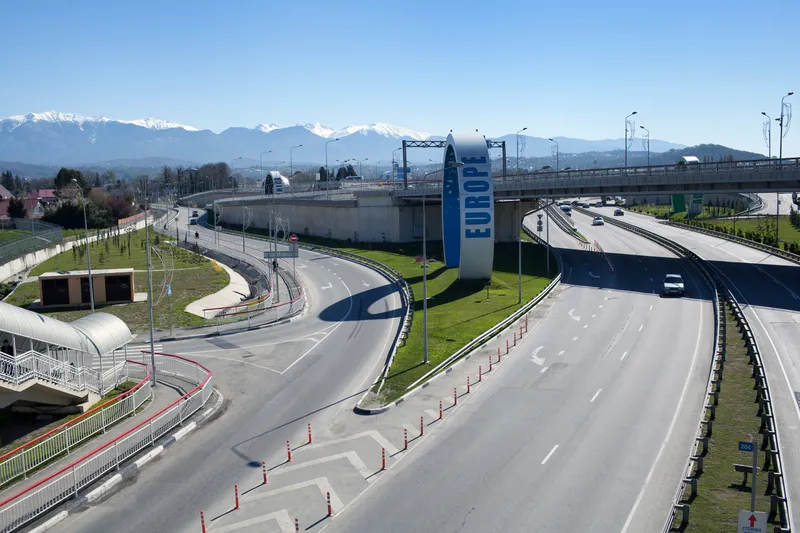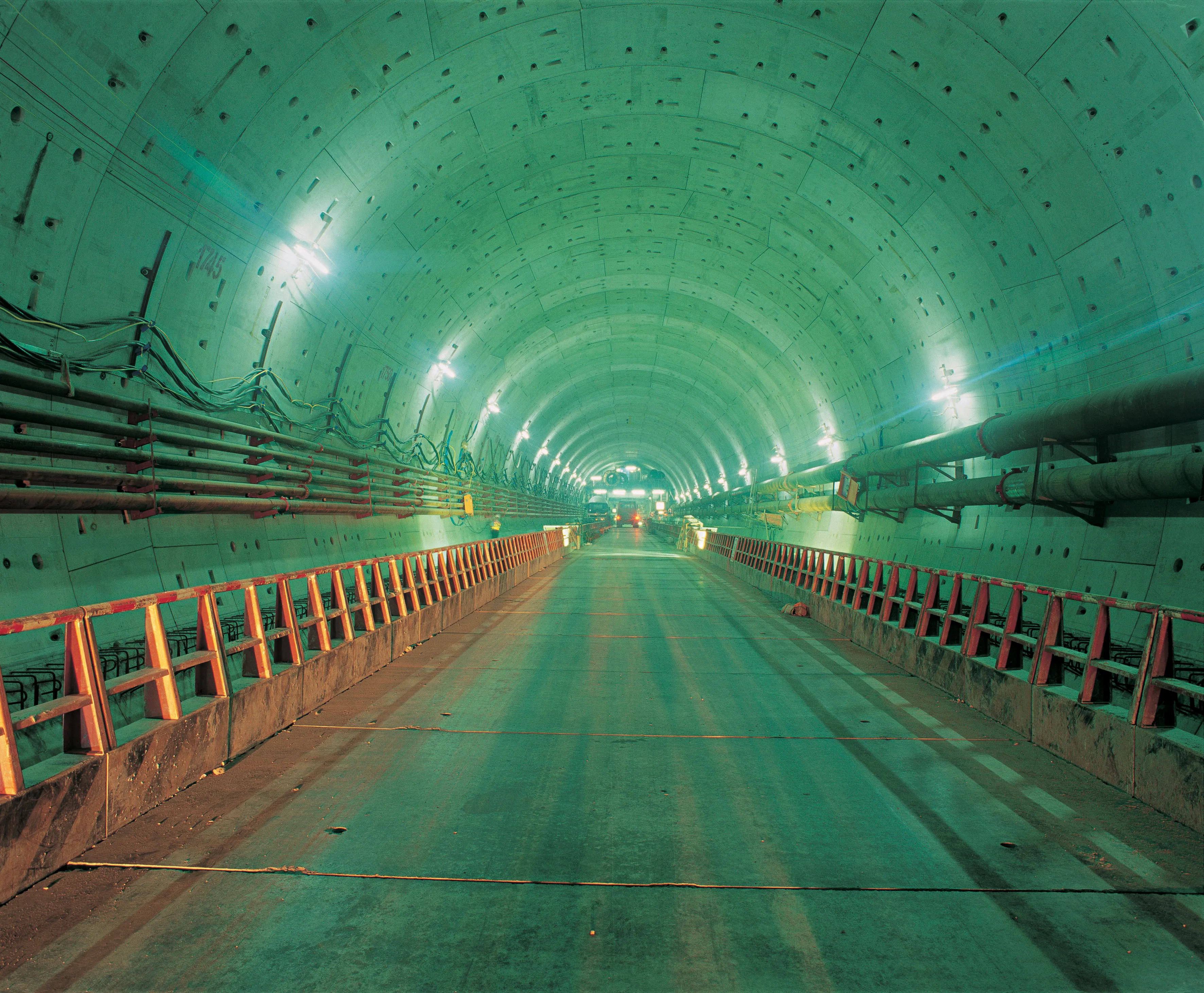Motorways are among the 25 infrastructure projects that Brazil’s new president, Michel Temer, intends to privatise in an attempt to revive the flagging economy.
Other projects in the Projeto Crescer - Project Growth – plan include airports, rail lines, sewage systems, energy distributors and gas and oil fields.
All the projects should be in majority private hands by 2018, he said during the announcement.
“We will increasingly show that the government cannot do everything. We need to have the presen
September 21, 2016
Read time: 3 mins

Motorways are among the 25 infrastructure projects that Brazil’s new president, Michel Temer, intends to privatise in an attempt to revive the flagging economy.
Other projects in the Projeto Crescer - Project Growth – plan include airports, rail lines, sewage systems, energy distributors and gas and oil fields.
All the projects should be in majority private hands by 2018, he said during the announcement.
“We will increasingly show that the government cannot do everything. We need to have the presence of the private sector as a promoter of development and a producer of jobs in the country,” said Temer, who is the former vice-president.
Temer rose to the presidency after Dilma Rousseff was removed from office on charges of illegally shifting government funds between budgets. Temer has promised to pull the economy out of recession by making reforms and attracting foreign investors.
Rio Times newspaper reported that the government’s first projects headed for the auction block are the airports of Porto Alegre, Salvador, Florianópolis and Fortaleza, in the first quarter of next year.
Several federal highways and rail lines will be sold off next year and proposals will be published in English in hopes of attracting much needed foreign investment.
Executive secretary of the Investment Partnership Programme (IPP), Moreira Franco, said the government’s plan is to usher in an era of “maximum technical accuracy”. A project’s capacity to generate returns for investors – and society in general – will be based on solid arithimetic.
“There will be no replacement of arithmetic by ideology,” said Franco. “Return rates and tariffs will be based on technical studies, not the will of president, minister or whomever,” said the official.
Franco said all contracts will have performance indicators to set the quality of service. Investors will know what targets will need to be achieved and how they will be measured.
There will also be an emphasis on only those projects with proven environmental feasibility studies.
Temer’s presidency backed by his centre-right PMDB party ends 13 years of government by Rousseff’s left-wing Workers' Party, the BBC reported. The economy is struggling under a huge budget deficit amid the country's worst recession in 80 years. Brazil's economy contracted 3.8% last year, and is expected to shrink a further 4.3% this year, according to the Organisation for Economic Co-operation and Development (OECD).
According to the Brazilian association of roadworks companies, Aneor, some $2.45 billion is needed to improve, maintain and repair the country’s federal roads/year.
The results from the country’s national transport confederation (CNT) said there was a 13.1% increase in the number of sections of road now in a critical condition, with serious risks to user safety. CNT has stated that it believes that the Brazilian Government should speed up road privatisation projects in a bid to tackle the problem.
Other projects in the Projeto Crescer - Project Growth – plan include airports, rail lines, sewage systems, energy distributors and gas and oil fields.
All the projects should be in majority private hands by 2018, he said during the announcement.
“We will increasingly show that the government cannot do everything. We need to have the presence of the private sector as a promoter of development and a producer of jobs in the country,” said Temer, who is the former vice-president.
Temer rose to the presidency after Dilma Rousseff was removed from office on charges of illegally shifting government funds between budgets. Temer has promised to pull the economy out of recession by making reforms and attracting foreign investors.
Rio Times newspaper reported that the government’s first projects headed for the auction block are the airports of Porto Alegre, Salvador, Florianópolis and Fortaleza, in the first quarter of next year.
Several federal highways and rail lines will be sold off next year and proposals will be published in English in hopes of attracting much needed foreign investment.
Executive secretary of the Investment Partnership Programme (IPP), Moreira Franco, said the government’s plan is to usher in an era of “maximum technical accuracy”. A project’s capacity to generate returns for investors – and society in general – will be based on solid arithimetic.
“There will be no replacement of arithmetic by ideology,” said Franco. “Return rates and tariffs will be based on technical studies, not the will of president, minister or whomever,” said the official.
Franco said all contracts will have performance indicators to set the quality of service. Investors will know what targets will need to be achieved and how they will be measured.
There will also be an emphasis on only those projects with proven environmental feasibility studies.
Temer’s presidency backed by his centre-right PMDB party ends 13 years of government by Rousseff’s left-wing Workers' Party, the BBC reported. The economy is struggling under a huge budget deficit amid the country's worst recession in 80 years. Brazil's economy contracted 3.8% last year, and is expected to shrink a further 4.3% this year, according to the Organisation for Economic Co-operation and Development (OECD).
According to the Brazilian association of roadworks companies, Aneor, some $2.45 billion is needed to improve, maintain and repair the country’s federal roads/year.
The results from the country’s national transport confederation (CNT) said there was a 13.1% increase in the number of sections of road now in a critical condition, with serious risks to user safety. CNT has stated that it believes that the Brazilian Government should speed up road privatisation projects in a bid to tackle the problem.







